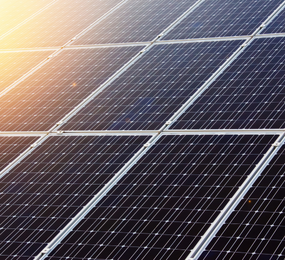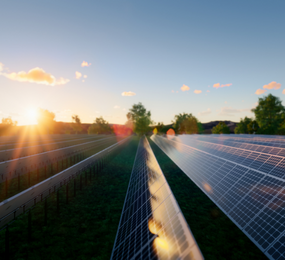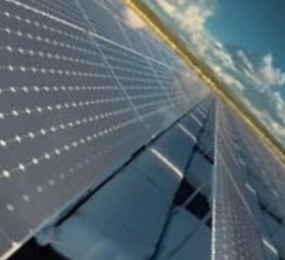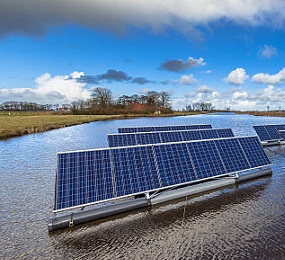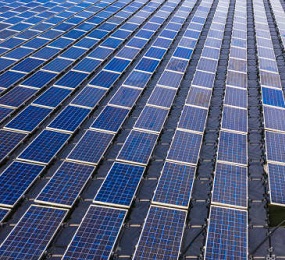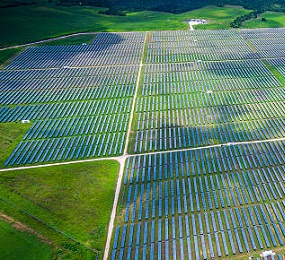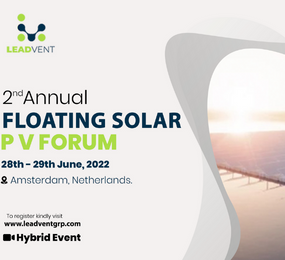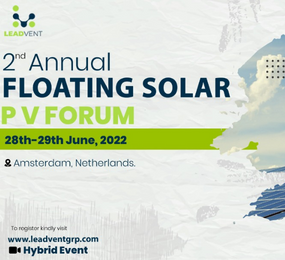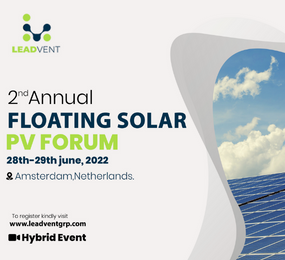The world's energy transition is prompted by its net zero carbon ambitions. To achieve this, the global energy source will shift to sustainable and clean energy which the Floating Solar PV system happens to belong to.
The global floating market has been experiencing remarkable growth over the recent years which shows no sign of reducing or decreasing for the time being. The global Floating Solar PV market has been forecasted to grow by $775.85mn between 2022 - 2026 meaning it will progress at a CAGR of 16.89% over the projected period
Do you want to know the benefits of Floating PV and the role it plays in the energy transition?
FPV has an important part to play when it comes to energy transition as it has the key solutions to the challenges of conventional land-based PV applications except for production costs which have the potential in reducing as development and innovations in the technological methods, tools, and practices used for production, installation and deployment and even maintenance is already ongoing. For instance, in 2021, FPV costs are about 25% higher than ground-mount PV projects which is less than the 50% higher it was in 2019. Furthermore, if more countries adopt FPV as their main or alternative energy source, as well as overall renewable energy target, then FPV will consequently be ready to help the global net-zero goal.
Other advantages of FPV system deployment
-
The fact that FPV doesn't use the land for its operation makes it very interesting and exciting especially for areas with less land space and large water bodies such as Islands. No land competition with agricultural activities, forestry, and other infrastructural facilities.
-
For FPV systems, due to their location being water bodies, the PV array is being cooled down by the water cooling effect which increases its power output, especially in hot climates, this alone is a good attraction as most grounded PV systems are challenged by this.
-
FPV System deployments are usually done in large quantities which could serve as high as large communities, Companies or municipalities.
-
FPV installations are done on water which helps to prevent water evaporation. This is needed for hot climates where water conservation is more or less needed.
-
FPV energy system is a clean and sustainable energy system that will help the global carbon neutrality target if implied by most countries.
In conclusion, FPV energy system deployments should be highly encouraged as they possess a lot of potential on how to mitigate global warming, climate change as well as carbon emissions amidst its other advantages.


